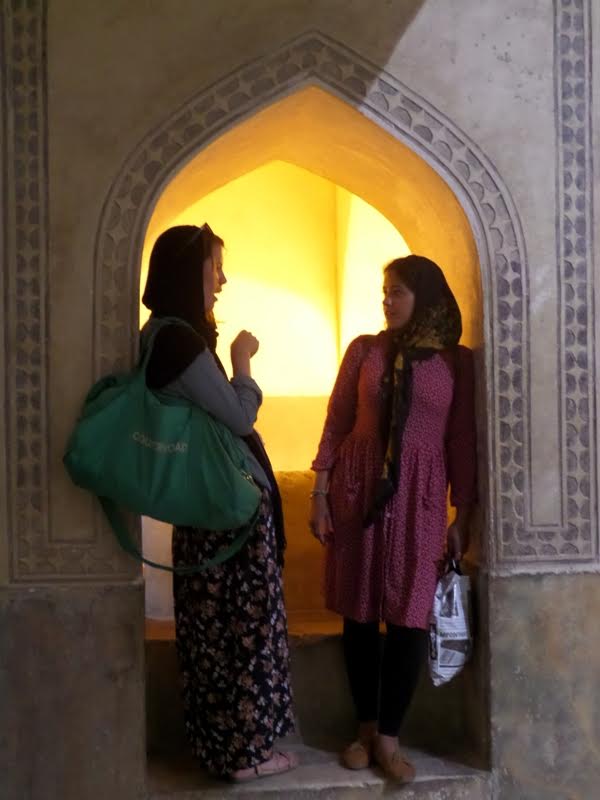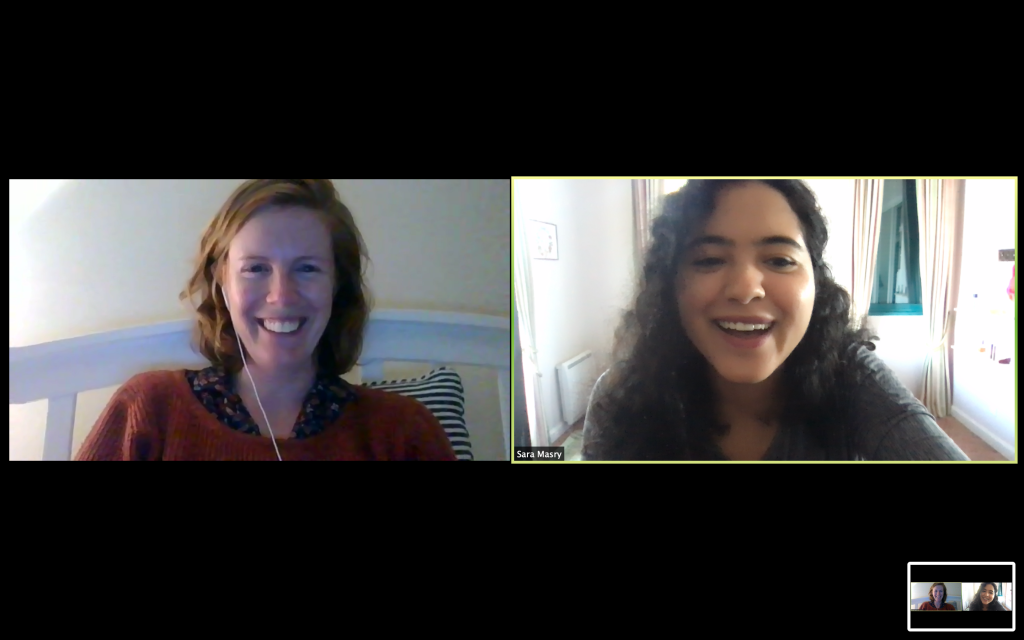In our mutual nostalgia for our Iran days of yore and the ongoing attempt to stem the haemorrhage of our Farsi vocabulary since leaving the country four years ago, my friend Alice and I decided to initiate an Iranian movie day once a week. I say ‘movie day’ for a reason. Given that she lives in Melbourne and I’m on GMT, we watch the movie during my morning and her evening. I must admit, it is an odd feeling to wake up and watch a film first thing in the morning. But then again, what is 2020 known for if not for being the year of turning things upside down? So every Sunday, we’ll give each other a video call (at least when my ageing and ailing iPhone camera allows me to switch on my video) and after a quick catch up we begin our synchronised viewing. Whether we’re watching the uniquely humanist story-telling of Kiarostami or the profound symbolism in the films of Makhmalbaf, for a couple of hours we firmly ensconce ourselves back into the culture that we lived, breathed and (happily) ate during our studies in Iran.

Photo courtesy of Agha Goudarz Mirani, taken at the Karim Khan Citadel in Shiraz

After finishing the film – usually in instalments – Alice and I discuss our impressions of it. This always takes me right back to a Farsi Film Class we used to have every Wednesday at the University of Tehran. It was the class I looked forward to most in the week – and not just because it was the only one where we had a license to bring snacks. The sessions were held by Agha Kazemi, a charismatic and sharp-witted teacher who also led our reading and comprehension and conversation classes. Agha Kazemi had a teaching style that was the perfect combination of light-heartedness, wit and rigour that made me enjoy his classes tremendously while also learning a great deal. I still remember the details of some of our post-film class discussions. In addition to the subject matter of the movie at hand, we would often explore and debate all sorts of fascinating topics relating to culture, social mores or just everyday life and its challenges. I’m certain those discussions played a crucial role in advancing my Farsi level as well as my level of introspection.
As it happened, Agha Kazemi’s wife also taught us grammar, vocabulary and writing at the university. Khanom Rastgar was a serene, attentive and unassuming woman. Although she was reserved in her demeanour, an aura of kindness and sincerity emanated from her petite frame without her having to say a word. She was the sort of teacher that made me want to impress her with my grasp of Persian vocabulary and become an unapologetic teacher’s pet – despite the fact that I was 25 at the time. Agha Kazemi and Khanom Rastgar were, each in their own way, the kind of people who made you feel positive when you were around them. In my eyes, they were a dream team; if there was one (and only one) time I would utilise the phrase ‘relationship goals’, this would be it. And outside of those class walls, when the zenith of political tensions between Saudi Arabia and Iran was fast approaching; when people back home would implore me “just what are you doing there Sara? Don’t you watch the news?”; when even Alice openly worried and asked me whether I’m sure writing a blog as a Saudi in Iran was a good idea given the sentiments in my own country; Khanom Rastgar and Agha Kazemi were among the people who would always ground me in reality. The kind of people who reminded me that we are all just that – people. People who can share teachings, compassion, support, stories, jokes, and friendship with each other despite what is going on way up above. That we don’t have to be living breathing extensions of what is playing out on the stage of world politics, but instead judge each other by our qualities before our nationalities. My erstwhile teachers unconsciously reassured me that what I was doing was worthwhile and didn’t have to be controversial, but rather that immersing myself in a culture and learning a different language was the simplest thing in the world, as simple as watching a movie.
I often think of Agha Kazemi and Khanom Rastgar, along with my other teachers, and wonder how they’re doing in these times. I feel nostalgic for those classes watching Iranian classic and modern cinema, munching on popcorn, reflecting on cinematic themes, and picking up new terminology and trying to find opportunities to drop them into conversations. Despite everything that was going on regionally, it felt like a simpler time; but in hindsight, I suppose it always does. I take solace in the fact that my former classes and those at their helm made an everlasting impression on me, and ultimately remind me – when those doubts or sceptical questions inevitably resurface – of what a special time I had.




Amazing piece. Thanks for sharing ❤️
LikeLiked by 1 person
Thank you Aziz! ❤
LikeLike
Superb, well done, please continue to share with me.
Take Care.
Joe
LikeLiked by 1 person
Thank you very much Joe, I’m glad you enjoyed it 🙂
LikeLike
You are an inspiration! Thank you
LikeLiked by 1 person
Thank you so much Roger! My pleasure 🙂
LikeLike